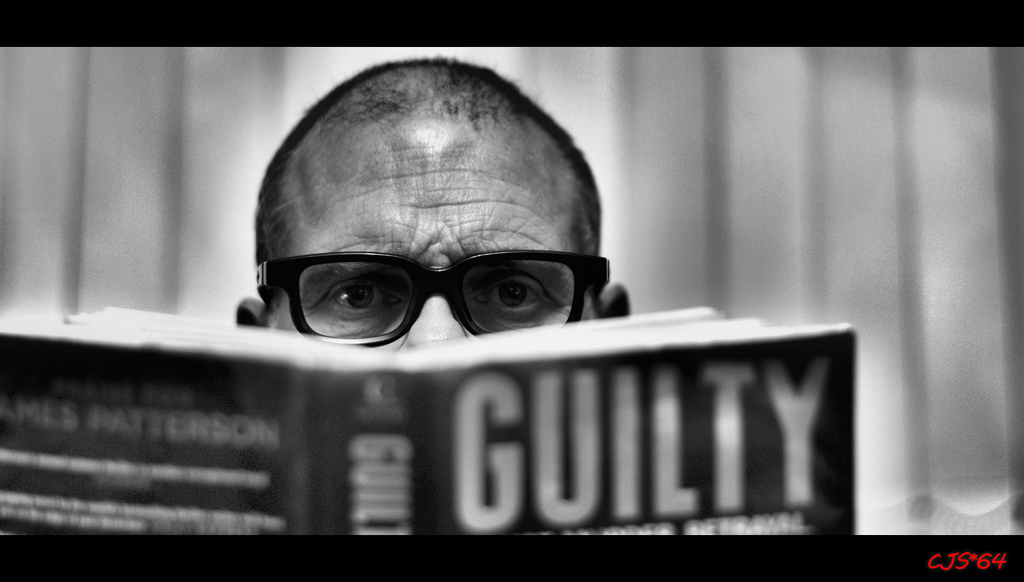Unfortunately for those who rely on it, it’s not an excuse that will fly on Judgment Day.
In the first place, born-again believers may be ambassadors for Jesus Christ, but we are not Him. We are all, in fact, colossal failures in the obedience department, and that indeed makes us all hypocrites to some extent. It's what makes His grace so amazing.
Secondly, our behavior has nothing to do with truth. To equate the two is a fallacy that logicians call a category mistake, “the error of assigning to something a quality or action which can only properly be assigned to things of another category” (Oxford dictionary).
The trouble is, unbelievers seem to be unable to grasp any of this. I write as one who spent 30 years of her adult life in that blinded condition, refusing to let such facts interfere with my beloved sin – in particular, my pride, self-righteousness and unbelief.
Instead of investigating, unbelievers tend to cling to this logical fallacy as tenaciously as we believers cling to our Bibles. They use our behavior to judge Christianity’s validity. And that means they almost invariably reject truth, because it’s so very easy to find flaws in us.
All of which underscores the eternal importance of cleaning up our acts before unbelievers – because the onus is quite literally on us. It’s our responsibility to present Christ in the best possible light in spite of the unbeliever’s category error.
As imperfect beings, we’re going to be angry at times; we’re going to gossip; we’re going to break the speed limit; we’re going to snarl at a surly waitress or an ignorant comment about our faith. We need to repent of our sins, of course. But equally important, we need to do everything we can to avoid committing them before a lost and dying world, and be ready to apologize when we fail.
Above all, we need to put the love of Christ on permanent display in our lives, knowing that we are being watched, and that unbelievers are judging Christ Himself on the basis of our behavior. It's the only way we'll earn the right to share God's truth with them.






 RSS Feed
RSS Feed